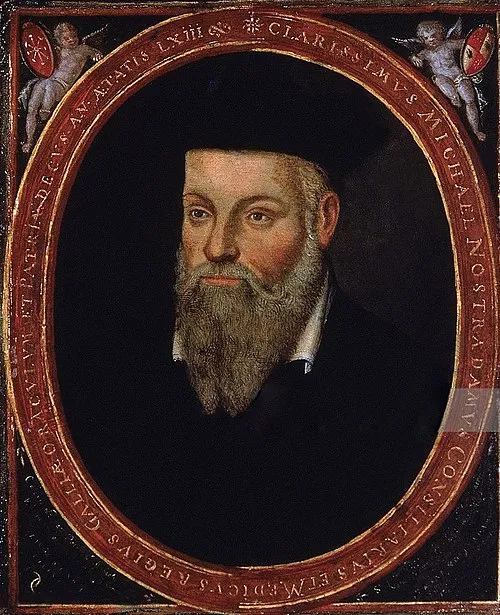
Full Name: Gervasio Antonio de Posadas
Birth Year: 1757
Death Year: 1833
Nationality: Argentinian
Profession: Lawyer and Politician
Position: 1st Supreme Director of the United Provinces of the Río de la Plata
Gervasio Antonio de Posadas: A Pioneering Leader in Early Argentine History
Gervasio Antonio de Posadas, born in 1757 in Buenos Aires, Argentina, was a prominent lawyer and politician who played a crucial role in the early governance of Argentina. He is best known for serving as the 1st Supreme Director of the United Provinces of the Río de la Plata, a position he held from 1814 until 1815. His contributions during the formative years of Argentina's independence are significant, reflecting both his legal acumen and political prowess.
Early Life and Education
Detailed records regarding Posadas' early life are sparse, but his legal education laid a foundation for his later political career. His background in law and governance allowed him to navigate the complex political landscape of colonial and post-colonial Argentina.
Political Landscape and Rise to Power
The early 19th century was a tumultuous period for the United Provinces of the Río de la Plata, marked by power struggles and the fight for independence from Spanish rule. After the May Revolution of 1810, which initiated a series of events leading to independence, Posadas emerged as a key figure in the revolutionary government.
Posadas was appointed as the Supreme Director in 1814 amid a volatile political climate. His leadership was characterized by efforts to maintain unity among the provinces, manage military conflicts, and establish governance amidst growing regional dissent. Despite the challenges, he is recognized for his attempts to stabilize the government and his commitment to the cause of independence.
Achievements and Policies
During his term, Posadas implemented various reforms aimed at strengthening the military and enhancing the economy. He recognized the importance of a strong military presence to deter external threats and manage internal conflicts. His administration sought to unify the provinces and curtail the rise of regionalism, which posed a significant threat to national stability.
One of his notable achievements was the promotion of a national currency and taxation system, facilitating trade and economic growth. However, his presidency was not without controversy. His policies often faced opposition from other political factions, leading to a challenging and divisive atmosphere.
Challenges and Resignation
Despite his initial successes, Gervasio Antonio de Posadas faced increasing opposition from rival factions, particularly from those who favored a more federalist approach. By 1815, growing discontent and threats from both military leaders and political adversaries culminated in his resignation. He left office with a legacy that reflected both his vision for a united Argentina and the realities of a fragmented political landscape.
Later Life and Death
Following his resignation, Posadas retreated from the public eye and spent his remaining years away from politics. He passed away in 1833, leaving behind a complex legacy marked by both achievements and setbacks in the pursuit of Argentine unity and independence.
Today, Gervasio Antonio de Posadas is remembered as an influential figure in Argentina’s early history, embodying the challenges faced by leaders during the nation's pivotal transition from colonial rule to a sovereign state.





